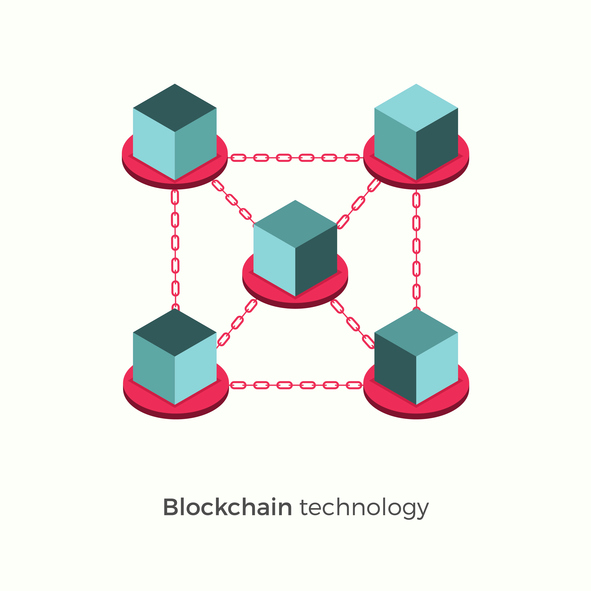Blockchain technology is going to play a key part in the future of many different businesses. The auto industry’s supply chain is one of the many areas that will be affected by this new phenomenon sooner rather than later.
The auto industry’s supply chain has a lot of moving parts. It is the process of how materials all come together to create a final product. In the automotive industry, car parts were traditionally all pieced together to build an automobile. Blockchain technology is set to change that tradition for the better.
The current function of the auto supply chain involves a lot of different networks. There are still a lot of hardware manufacturers involved in this process, although there are a growing number of software companies as well. New technological advances are helping to develop software at a rapid rate and cars are being equipped with all kinds of features that make for safer, more comfortable travel. However, it is making the supply chain exceedingly complex. Parts are coming from all different types of suppliers.
The current manufacturing process of automobiles involves a lot of different operating systems. However, most of these systems are not connected. Each system is now dependent on its own data feeds. This can be painstaking for IT teams as there is a need to reconcile all these systems. Blockchain technology is intended to take all those operating systems and put them on one platform. One of the reasons it was created was to decrease the risk of conflicting information on a system. This is made possible because blockchain occurs in real time.
In the automotive sector, blockchain technology is essential in the supply chain because of its accuracy. It is a secure way of storing information. Each block is time-stamped and forms an ongoing chain of information. The first blockchain appeared in Bitcoin in 2009, which did not require a third-party financial institution and was tamper-proof.
This type of technology can be used to simplify the auto industry’s supply chain, which continues to involve more and more entities. The inception, development and distribution of products can all be upgraded with the use of blockchain technology. This involves a secure platform that can be trusted. For example, OEMs (Original Equipment Manufacturer) have what they believe to be secure connections with all their suppliers. But this does not allow for real-time updates over a secure connection. Therefore, a lot of information is still assumed.
Blockchain technology allows all the entities involved in the supply chain to share and update their own data. This includes record keeping, contracts, and payments. Transactions can be posted as soon as they occur, and this essentially creates a new type of protocol that can be trusted. With the advent of new technology, this kind of trust is more important than ever.
Certain components made by software and firmware companies are actually safety features. If the supply chain is disrupted with an inferior, or potentially counterfeit part, then the entire vehicle could be compromised. That is why blockchain technology is so important in the auto industry supply chain. Luxury cars are no longer the most plush and roomiest models, but cars with an abundance of technological wonders. That process is essentially guaranteed on a secured supply chain platform.
A failure to coordinate the correct parts through the supply chain could lead to a multitude of accidents and breakdowns. For years, OEMs have counted on the fact that parts from a supplier were exactly what they claimed them to be. Now, with so many new suppliers, it is not safe to simply take all suppliers at their word. A blockchain actually assigns ID numbers to parts and provides them with a secured block. As those blocks accumulate, they form a chain. It can be likened to a public ledger in a digital format.
A new method of utilizing the supply chain more efficiently is being embraced by OEMs. This involves adding suppliers as the chain expands. It is a system that is open and secure, which also requires no intervention from a third party. This is expected to resolve almost all the security problems that currently affect the current supply chain.
In the distant future, blockchain technology may be what ultimately controls payment for the use of vehicles. In the future, individual car ownership is expected to wane with the advent of self-driving cars. People will use transportation on an as needed basis. Registering with a credit card, which is blockchain enabled, will allow them to use a taxi, shared car or public bus. Blockchain technology would see to it that all those payments are collected fairly because it will use one platform. The same premise may also be the next universal solution for the supply chain demand in the auto industry.

